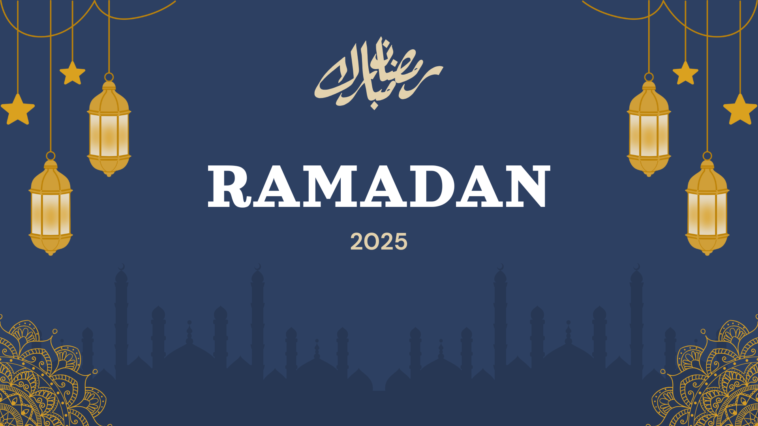Ramadan, the holiest month in the Islamic calendar, is set to begin in March 2025 in Pakistan, marking a period of fasting, prayer, and self-discipline for millions of Muslims across the country. The month, which follows the lunar calendar, is anticipated to start on March 2, 2025, depending on the sighting of the moon.
The Spiritual Essence of Ramadan
Ramadan is a time for Muslims to strengthen their faith through fasting (Sawm), increased prayers (Salah), and recitation of the Quran. Fasting from dawn to dusk, believers refrain from eating, drinking, and other indulgences, focusing instead on spiritual growth, charity, and acts of kindness. The daily fast is broken with Iftar, the evening meal, which traditionally begins with dates and water, followed by a variety of dishes that reflect the rich culinary traditions of Pakistan.
Ramadan Timings in Pakistan
In 2025, the Sehri (pre-dawn meal) and Iftar timings will vary slightly across cities like Karachi, Lahore, Islamabad, Peshawar, and Quetta. Muslims will rely on mosques and official announcements for the most accurate prayer and fasting schedules.
Cultural and Social Aspects
Ramadan in Pakistan is not just about fasting; it is a month of unity, charity, and reflection. The evenings are vibrant, with families gathering for Iftar and Suhoor, mosques filled with worshippers for Taraweeh prayers, and streets bustling with people buying food from special Ramadan bazaars. Traditional Pakistani dishes such as pakoras, samosas, fruit chaat, chana chaat, and refreshing drinks like Rooh Afza are staples of Iftar tables.
One of the most cherished aspects of Ramadan in Pakistan is the spirit of giving. Many people distribute food to the less fortunate, donate to charities, and participate in Zakat (mandatory almsgiving) and Fitrana (a special donation before Eid). Organizations and individuals set up free Iftar stalls across cities to feed those in need.
Government Measures and Business Hours
During Ramadan, the Pakistani government often adjusts business and school hours to accommodate fasting schedules. Offices and banks operate on reduced hours, while restaurants remain closed during the day, except in designated areas catering to non-fasting individuals. The government also ensures that essential commodities remain available at controlled prices, with special Ramadan discounts offered by retailers and shopping centers.
Laylat al-Qadr – The Night of Power
The last ten nights of Ramadan hold immense significance, particularly Laylat al-Qadr (The Night of Power), believed to be the night when the Quran was first revealed to Prophet Muhammad (PBUH). It is considered the most blessed night of the year, and Muslims dedicate themselves to increased worship, seeking divine mercy and forgiveness.
Eid-ul-Fitr: The Grand Celebration
As Ramadan comes to an end, Muslims in Pakistan eagerly anticipate Eid-ul-Fitr, the festival that marks the conclusion of the holy month. The day begins with a special Eid prayer at mosques and open grounds, followed by feasting, family gatherings, and the exchange of gifts and sweets such as Sheer Khurma and Seviyan.
Conclusion
Ramadan 2025 in Pakistan will once again be a time of deep spiritual connection, community bonding, and self-reflection. It is a period when people come together in worship, generosity, and gratitude, embracing the essence of Islamic teachings. As the country prepares for this sacred month, the spirit of Ramadan will undoubtedly illuminate hearts and homes, reinforcing values of patience, humility, and devotion.





